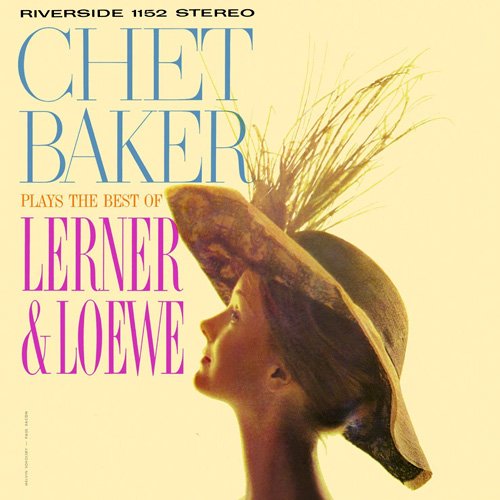Don Fagerquist Octet - Eight by Eight: Music To Fill A Void (2004)

Artist: Don Fagerquist Octet
Title Of Album: Eight by Eight: Music To Fill A Void
Year Of Release: 2004
Label: VSOP
Genre: Jazz, Bop, Cool
Quality: FLAC (tracks)
Bitrate: Lossless
Total Time: 33:12
Total Size: 191 MB
Tracklist:
01 Aren't You Glad You're You (Johnny Burke / James Van Heusen) 5:14
02 Easy To Love (Cole Porter) 4:41
03 Smoke Gets In Your Eyes (Otto Harbach / Jerome Kern) 3:33
04 All The Things You Are (Oscar Hammerstein II / Jerome Kern) 3:32
05 The Song Is You (Oscar Hammerstein II / Jerome Kern) 3:55
06 Time After Time (Sammy Cahn / Jule Styne) 4:20
07 Easy Living (Ralph Rainger / Leo Robin) 4:12
08 Lullaby Of Broadway (Al Dubin / Harry Warren) 4:13
Don Fagerquist - Trumpet
Buddy Clark - Bass
Vincent DeRosa - French Horn
Bob Enevoldsen - Valve Trombone
Herb Geller - Alto Sax
Ronnie Lang - Baritone Sax
Ed Leddy - Trumpet
Mel Lewis - Drums
Marty Paich - Piano
Trumpeter/arranger Fagerquist defines the typical West Coast cool sound, and his band plays every nuance, phrase, and measure in hushed tones as a reserved, attractive, easily likable pure jazz persona. The band features such notables as alto saxophonist Herb Geller, valve trombonist Bob Enevoldsen, pianist/arranger Marty Paich, and drummer Mel Lewis. Lesser knowns such as second trumpeter Ed Leddy, baritone saxophonist Ronnie Lang, bassist Buddy Clark, and French horn player Vince DeRosa prove their mettle amongst the tall California redwood big names. The octet plays eight reworked standards, some like "Easy to Love" much cooler than the others, and "Smoke Gets in Your Eyes" a fine, full, and mellow ballad, both trumpet led. Though typical of '50s cool, "Aren't You Glad You're You?" has a hopping "Would You Like to Swing on a Star"-type melody, trumpet and trombone upfront, piano setting up the horns who throw this melody down, while the easy swinger "All the Things You Are" is somewhat predictable but rich in harmonic content. It's clear this is Fagerquist's session and he deals the melodic cards on "The Song Is You," the others playing a second line, then the whole section counterpoints the third. They're all over the place, bouncing here and there during "Time After Time," and DeRosa leads into trumpet on "Easy Living," followed by a tip-toe traipsing bridge chart for all. The most challenging arrangement crops up on "Lullaby of Birdland." The first half of the melody is cleanly stated, the other half broken up and reassembled several times over, a good swinger as Geller's alto gets the spotlight in a Bird-like solo with more counterpoint and Enevoldsen's trombone trading lines with Geller. This is a sleeper, one that doesn't jump out and grab you graphically, and the names are innocent, most notably Fagerquist's. Still it's a session that should not be ignored as one of the hallmarks of Pacific jazz expressionism in those feel-good times and a pivot point in jazz recordings of glorious 1957. Highly recommended.

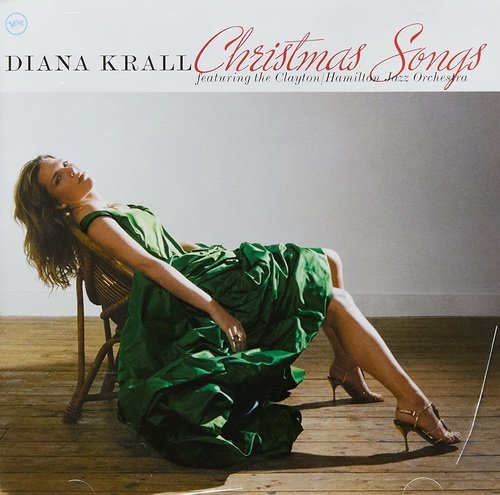

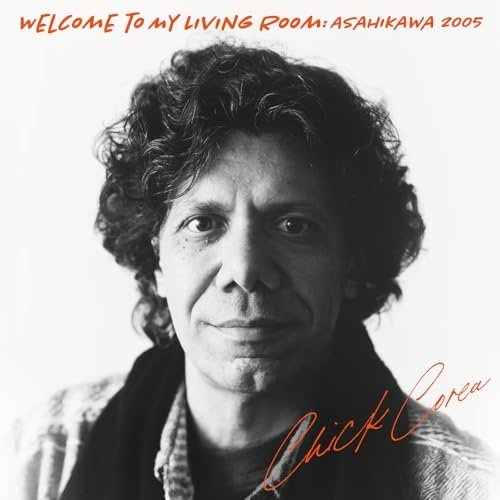
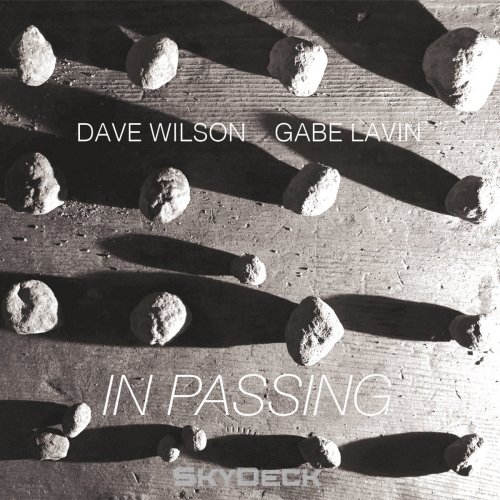
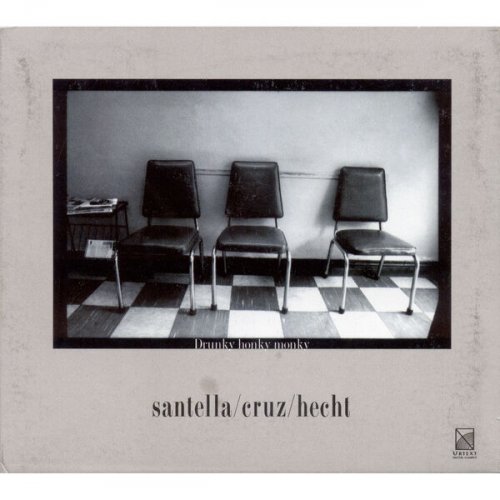

![David Chevallier, Sebastien Boisseau, Christophe Lavergne - ReSet (2026) [Hi-Res] David Chevallier, Sebastien Boisseau, Christophe Lavergne - ReSet (2026) [Hi-Res]](https://www.dibpic.com/uploads/posts/2026-02/1770298536_cover.jpg)
